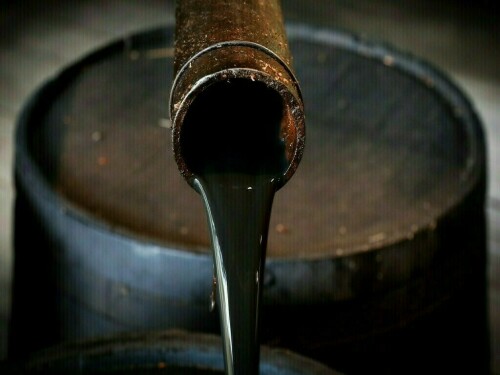OCAC Seeks SIFC Intervention Over Furnace Oil Levy
The Oil Companies Advisory Council (OCAC) has requested the Special Investment Facilitation Council’s (SIFC) intervention regarding the government’s decision to levy a petroleum levy (PL) of Rs82,077 per metric ton on furnace oil (FO), sources indicate.
In a letter addressed to the SIFC, dated July 1, 2025, the OCAC conveyed, “On behalf of the Oil Companies Advisory Council and its member companies, we express our serious apprehension and strong opposition to the imposition of a Petroleum Levy of Rs82,077 per metric ton on Furnace Oil, effective July 1, 2025, through the Finance Act, 2025.”
The council emphasized, “This levy is in addition to the Climate Support Levy (CSL) of Rs2,665 per metric ton on FO and represents a substantial risk to the nation’s overall business climate.”
President Zardari has already given his approval to the Finance Bill 2025.
In a separate statement, OCAC Chairman Adil Khattak stated that the imposition of climate support and petroleum levies on FO would inflate its cost by over 80%, rendering numerous industries, shipping operations, and independent power producers (IPPs) economically unsustainable.
“It is common to fault the IMF [International Monetary Fund] for every conceivable issue, but the reasons cited, such as decreasing carbon emissions or addressing revenue deficits, do not justify this imprudent decision.”
Khattak questioned if industrial and power generation is to be curtailed to lower greenhouse emissions, would Thar coal be the subsequent target, considering that Bretton Woods Institutions like the IMF and World Bank discourage coal utilization.
Khattak believes that revenue anticipated from the petroleum levy (PL/PDL) is unrealistic, as the price surge will eliminate domestic sales.
“Refineries, compelled to export their entire FO output, will encounter considerable losses due to heightened logistics expenses and reduced export prices, thereby significantly impacting their upgrade strategies, which are already delayed due to the unresolved sales tax issue, despite frequent discussions and assurances.”
Khattak added, “We anticipate backing from the Petroleum Minister, who has promptly demonstrated expertise in comprehending intricate challenges and addressing them directly. We also hope that SIFC will facilitate the elimination of PDL on FO and permanently resolve the sales tax issue, paving the way for the long-awaited $6 billion investment in refinery upgrades.”
FO is a deregulated commodity with pricing dictated by market dynamics and predominantly caters to the energy requirements of domestic industries.
The OCAC letter asserted that this substantial fiscal burden would have far-reaching detrimental financial effects across various business sectors, jeopardizing their viability and enduring sustainability.
“This action sharply contrasts with the Government of Pakistan’s declared dedication to fostering domestic manufacturing. Rather than boosting revenues, it is probable to considerably diminish or eradicate FO sales nationally, thus reducing associated sales tax revenues and undermining industrial competitiveness. Moreover, it would also negate the goal of amassing anticipated revenue by enforcing PL and CSL on FO.”
The letter elaborated that the implementation of PL and CSL would drastically elevate fuel expenses, thereby negating the advantages of recent renegotiations with IPPs while still requiring the government to fulfill capacity payments, thereby intensifying the strain on national finances without any corresponding benefit.
“Given the aforementioned, we earnestly implore SIFC to step in and advise the removal of the PL & CSL on FO. This measure will aid in reestablishing policy stability, fortifying crucial sectors of the economy, and upholding the values of equitable and sustainable economic advancement,” the OCAC concluded.



Comments (0)
No comments yet. Be the first to comment!
Leave a Comment